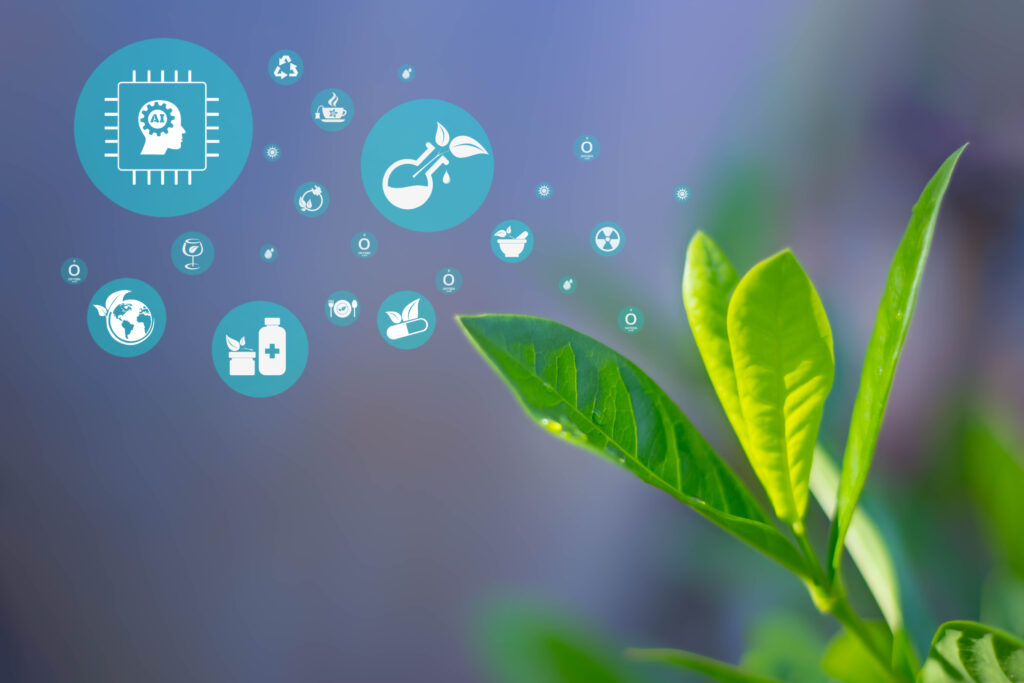The aim of introducing innovation in the agricultural sector is to boost the productivity and competitiveness of farms and ensure sustainable production. The main goal is to optimise productivity through a better choice of agricultural practices, enhance protection of the environment by reducing inputs, optimise the use of farming equipment and improve people’s working methods on farms, while increasing producers’ profitability.
The major challenges currently faced by the agri-food sector, such as the low diversity of exports and trading partners, the scarcity of available resources, market volatility, and the effects of climate change that result in lower crop yields and poor quality, create the need to adopt modern and innovative solutions that contribute to increased productivity, achievement of environmental targets, and the recovery of the Greek economy.
For these reasons, what all innovative solutions have in common is the production of a large quantity of data from different sources (e.g., climate data, soil parameters, water analysis, crop growth data, environmental indicators, satellite data, energy consumption, workforce, movement of agricultural machinery, and financial data). Such data enable the development of specialised applications for the control, coordination, and automation of production processes, reducing the margin for human error and increasing the potential for optimisation. These new technologies add to the knowledge and experience of farmers, as they improve the established decision-making process; they upgrade the customary agricultural practices while respecting nature, local soil and climate conditions, and the knowledge accumulated by farming communities over the centuries.
Forthcoming technological innovation must therefore lead to better practices and higher crop yields, contributing dynamically to averting food crises, while at the same time ensuring an improved quality of life for the people on the front lines of this endeavour: farmers.











